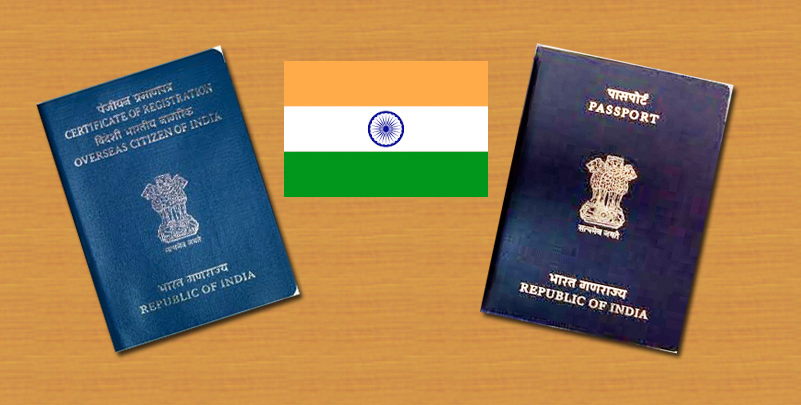Which Country Has the Most Untapped Oil Reserves?

Oil has long been a pivotal resource in global politics, economics, and energy production. As the backbone of many industries, crude oil plays a significant role in shaping the world’s dynamics. But as we enter 2023, a pressing question emerges: Which country has the most untapped oil reserves?
Understanding the Importance of Oil
Crude oil is not just any ordinary resource. In 2020 alone, the world consumed about 88.6 million barrels of oil per day, making up a staggering 30.1% of global primary energy. It’s transformed into various essential products like gasoline, jet fuel, diesel, and even asphalt. In essence, “oil reserves” refer to the estimated quantity of crude oil in a country that can be mined profitably with the current technology and prices.
Which Country Has the Most Untapped Oil Reserves: A Global Ranking
While the United States dominates in oil production and consumption, it’s surprising that it stands only 9th in terms of untapped oil reserves. So, which country has the most untapped oil reserves?
Here are the top 10 nations:
1. Venezuela: Boasting a massive 303.8 thousand million barrels, Venezuela sits at the top, accounting for 17.5% of the world’s total.
2. Saudi Arabia: With 297.5 thousand million barrels, it’s a close second, contributing 17.2%.
3. Canada: Holding 168.1 thousand million barrels, Canada contributes 9.7%.
4. Iran: It has 157.8 thousand million barrels, or 9.1% of the total.
5. Iraq: Possessing 145.0 thousand million barrels, it accounts for 8.4%.
6. Russia: With its 107.8 thousand million barrels, it makes up 6.2%.
7. Kuwait: It has 101.5 thousand million barrels, or 5.9% of the world’s reserves.
8. United Arab Emirates: They contribute 5.6% with 97.8 thousand million barrels.
9. United States: Though a significant consumer, the U.S. has only 68.8 thousand million barrels, or 4%.
10. Libya: Holding 48.4 thousand million barrels, it accounts for 2.8%.
The Venezuelan Paradox
Now, knowing which country has the most untapped oil reserves, it’s essential to delve deeper into the dynamics. While Venezuela takes the crown in oil reserves, it struggles economically, contrasting with Saudi Arabia’s robust economy. A key reason behind this paradox lies in the accessibility and quality of oil.
Venezuela’s oil is challenging to extract, being offshore or deep underground, and is often dense. This makes extraction expensive and less profitable. On the other hand, Saudi Arabia’s oil is closer to the surface and easily accessible, leading to a more lucrative oil sector.
The Global Implication of Oil Reserves
As countries jostle for dominance in oil reserves, it’s crucial to consider the broader implications. While oil remains a significant resource, its sustainability is a concern. As global populations and consumption surge, the pressure on natural resources like water, air, coal, oil, and gas intensifies. The depletion of these resources, especially oil, poses pressing challenges to nations, industries, and global economies.
The world needs to rethink its consumption patterns, innovate, and pivot towards sustainable energy solutions. This includes harnessing renewable energy sources like wind and solar power, which not only safeguard the environment but also ensure a sustainable future for generations to come.
Conclusion
To answer the question – which country has the most untapped oil reserves? It’s Venezuela. But as we’ve seen, merely having the most reserves don’t guarantee economic prosperity or stability. As global dynamics evolve, nations must think beyond just oil reserves and look towards a more sustainable and holistic approach to energy and resource management.
Read Also : Which Country Has the Most Untapped Oil Reserves?




